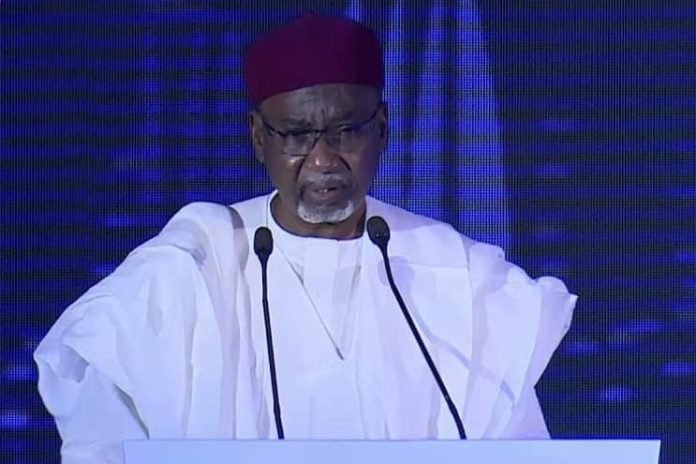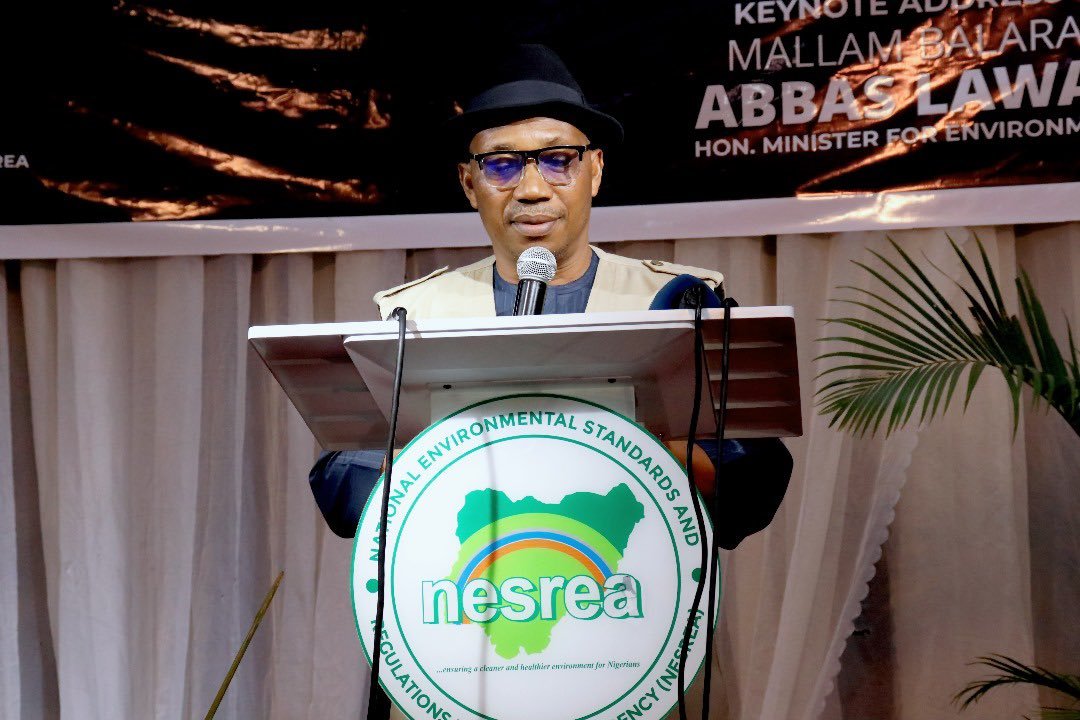Rufai Abubakar, the Director-General of the National Intelligence Agency (NIA), has resigned. Abubakar was first appointed as NIA DG in 2018 by former President Muhammadu Buhari. His tenure was extended in December 2021, and he tendered his resignation to President Bola Tinubu yesterday.
After briefing President Tinubu at the State House in Abuja, on Saturday August 24, Abubakar announced his resignation to journalists, stating, “After the briefing, I actually tendered my resignation, and Mr. President graciously approved and accepted it.”
Expressing his gratitude, Abubakar thanked President Tinubu for allowing him to serve under his “transformational leadership” for an extended period of 15 months. He however, appeared to have left something unsaid when he remarked, “I think it’s not for me to say this, actually, probably I’ll be breaching a protocol, but maybe the NSA and\or Mr. President himself will say it…”
Overall, Mr. Abubakar cited “personal family reasons” for his departure, although he remarked, “There are quite a number of reasons” one might resign from such a high-state appointment.
DG, National Intelligence Agency, NIA, Ahmed Rufai Abubakar tenders resignation to President Tinubu pic.twitter.com/4ji4fgu8sy
— NTA News (@NTANewsNow) August 24, 2024
He said it was not “very serious,” though, and promised his relationship with President Tinubu would remain strong. He also pledged to continue his professional dedication to Nigeria and to stay engaged with security matters in the country.
Reflecting on his seven-year tenure, Abubakar said it was a privilege to mentor officers and staff within the NIA, stating that the agency now has many capable officers who can excel in the role he has vacated. “I am very grateful for the opportunity the president gave me to serve the country under his leadership. The encouragement, confidence, and support I received were invaluable,” he said.
Abubakar’s resignation marks the end of a chapter in Nigeria’s intelligence community, with his leadership spanning two administrations. His decision, however, comes at a time when the country continues to face complex and mounting security challenges.
His successor, soon to be announced by the National Security Adviser (NSA) or President Tinubu himself, will be tasked with maintaining stability and continuity within the agency.
The National Intelligence Agency (NIA) is the Nigerian government division that oversees foreign intelligence and counterintelligence operations.
Comment, Like 👍, share this article, and Follow us on our social media handles.







